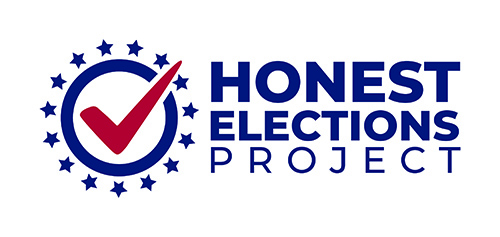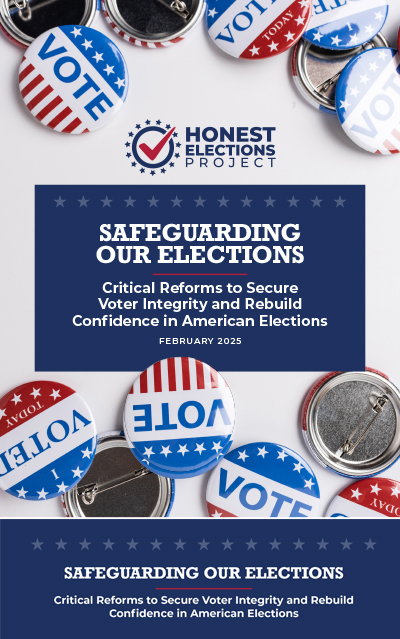Washington, DC – Today, the Honest Elections Project filed a brief supporting the state of Minnesota against a partisan lawsuit seeking to overturn a state law that encourages competitive elections. Currently, Minnesota law mandates that major-party candidates be listed in reverse order based on how well their party performed in the last election. Now, the top Democratic political committees, the DSCC and the DCCC, along with two DFL voters, are challenging the law, although they supported it while in the minority.
Executive Director, Jason Snead made the following statement in support of the original law:
“The law in question places candidates from the best-performing party last on the ballot, a perfectly valid way to minimize the advantages of incumbency. Unfortunately, this common-sense law is in the crosshairs of the top political committees of the Democratic Party, which want it struck down for partisan gain. The notion that a law passed by a state Democratic majority was intended to discriminate against Democrats is laughable. Minnesota’s statute was a permissible way to run elections when the Democratic legislature passed it, and it remains a permissible way to run elections despite the plaintiffs’ entirely speculative, unsubstantiated fears that it now disadvantages the Democratic Party.”
Our brief makes several crucial arguments:
- The plaintiffs have no standing to sue: The vague and abstract claims made by the plaintiffs simply don’t hold water. For instance, neither the DSCC nor the DCCC provides any concrete evidence that they divert resources specifically to overcome the effects of being listed last on Minnesota ballots—a placement, it should be noted, that is due to the party’s past electoral success. Without specific injury, the committees cannot claim the law harms them, and therefore they have no standing to sue.
- Minnesota’s statute doesn’t affect voting rights: The DFL voters, similarly, cannot claim the law impacts their voting rights. Voters may be frustrated by the placement of their preferred candidate on the ballot, and believe a low placement reduces the odds of victory. But the right to vote for a preferred candidate is not a right to elect that candidate. Simply put, a statute setting the order of a ballot does not prohibit anyone from voting, or infringe on the fundamental right to vote.
- States have discretion to set the order of their ballots: The Constitution grants states the power to regulate elections, and many do so in different ways. This is a feature, not a bug, of our federalist system. When states experiment with alternative approaches to resolve a given issue, everyone benefits from the lesson. Here, Minnesota has made the reasonable choice to list the incumbent party last, in part to negate the advantages of incumbency in the name of more dynamic and competitive elections, and more responsiveness to the needs of voters.
For media inquiries and interviews, please contact Evan Cooney at ecooney@crcadvisors.com.



